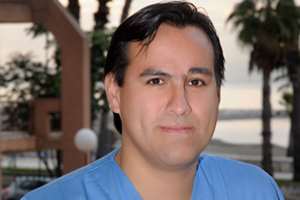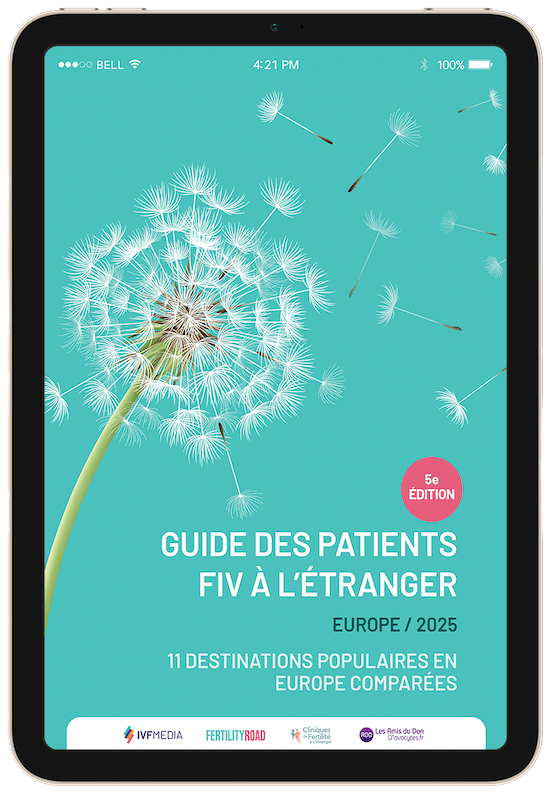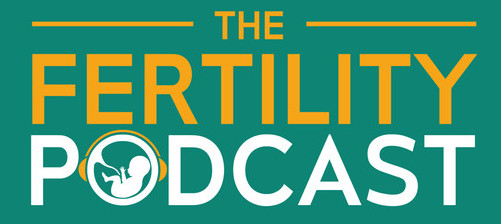Interview with Director of URE Centro Gutenberg

Fertility Clinics Abroad introduces Dr Alvarez from URE Centro Gutenberg in Spain. He has a degree in Medicine and Surgery (University of Chile) specialising in Gynaecology and Obstetrics, and a Master’s in Human Reproduction (University of Valencia). He is active in research and contributes to scientific journals. Dr. Alvarez is a regular speaker at both national and international conferences and meetings. Specifically, he spoke at the ESHRE Conference in 2006 and was pre-selected for the “Promising Young Clinician Award”. He is a member of the Spanish Fertility Society and specifically forms part of the Endocrinology Interest Group.
Spain is one of the top destinations for donor egg treatment especially from the UK and Ireland. Can you explain what makes Spain a perfect destination for fertility treatment?
Spain has one of the most permissive and modern laws in Europe and the world, which allows it to be a pioneer country in reproductive medicine research, which translates into very good results. This law establishes that the donation of gametes (oocytes and spermatozoa) is under high standards of efficacy and efficiency due to a strict selection of donors ensuring maximum safety to patients. On the other hand, the fact that donation is absolutely anonymous is another very attractive factor for patients who need this type of treatment.
What can URE Centro Gutenberg offer patients which makes it different from other Spanish IVF clinics?
Our assisted conception unit strictly complies with Spanish legislation and with all existing quality requirements and controls both at the governmental level and at the Spanish Fertility Society (SEF) which acts as the external auditor of our results, which are always above the Spanish average. Being a Centre dedicated exclusively to assisted reproduction, in infrastructure and human equipment, makes us have a special sensitivity towards our patients with fertility problems, which is constantly reflected in the feedback we receive from them.
Can you tell us how you look after an International patient who comes to your clinic? How do you make the trip less stressful?
Our department of international patient care since the patient takes the first contact with us activates a network of preferential care to facilitate your decision to carry out a treatment with us, as we know how special our patients with fertility problems are, even more if they are foreigners. This includes communication and direct coordination with a specialized team, who will try with all their effort to provide maximum comfort in all stages of treatment.
Our research tells us that a reason many couples avoid going abroad for IVF is the language barrier. Can you reassure potential patients that this isn’t a problem at URE Centro Gutenberg?
Our international care department has a bilingual doctor, nurse, assistant and administrative staff (Spanish and English), as well as translators for other languages such as French, Italian, etc. We can ensure that the patient will not feel that the language is a barrier in their treatment.
We know that healthy egg donors are very important and that their welfare is considered. How do you do that at URE Centro Gutenberg?
We know that the decision to perform a treatment with gamete donation is very complicated, especially because of the many doubts regarding the selection of donors. In our centre, oocyte and sperm donors must undergo a medical, gynaecological and psychological evaluation. Any doubt regarding the health of the donors means their rejected from the program. Then, tests of karyotype and test of common monogenic genetic diseases such as cystic fibrosis, spinal muscular atrophy, fragile X and so on up to the 20 most frequent diseases with the possibility of extending the study to more than 800 diseases. In addition, sexually transmitted diseases such as AIDS, hepatitis B and C, syphilis, etc., are ruled out. We know that it is impossible to discard the entire spectrum of existing diseases, but we try as much as possible to ensure maximum safety for our patients.
Finally, please tell us about Malaga. Why is Malaga a good place to have IVF treatment? How can patients relax when there?
Málaga is the capital of the province of the Costa del Sol that has the third most important airport in Spain, with a port with important maritime connections. Its hotel, cultural and leisure offer is one of the most attractive in the Iberian Peninsula. If to all these virtues we add the experience of our Centre with more than thirty years to the vanguard in reproductive medicine in the region, they make Malaga an attractive alternative for fertility treatments.
Find out more about IVF in Spain.



